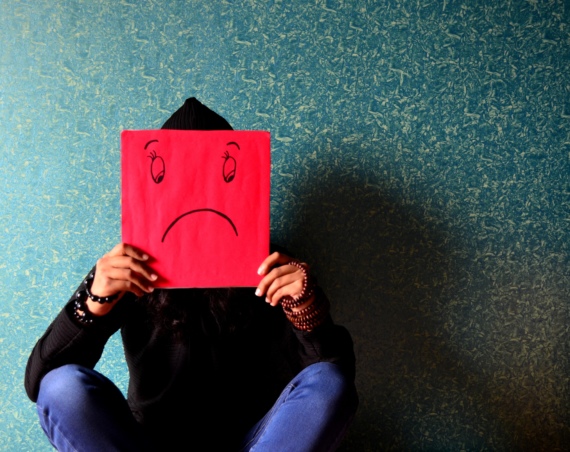What Meme Pages Can Tell Us About the Mental Health Condition of College Students
“Mental breakdown,” “panic about my future,” “recreational cry” or “dark humor suicide mention” – I came across all these phrases while scrolling through the meme page representing the general Ivy League population. Some memes try to laugh at the mental misery of college kids who attend these highly demanding schools. Others ridicule the psychological services which repeatedly fail to properly deliver therapy and mental health support. Even though the particular memes fea in this post are derived directly from pages dedicated to the Ivy League population, they likely reflect a general sentiment shared by college students across the country, especially in the schools where stress culture is exacerbated by higher academic standards or where a large campus size makes it harder to build a long-lasting support network.



We might simply look at these memes as innocent jokes made by people who appreciate a dark sense of humor. Juxtaposing captions such as “trying to cheer up your depressed friends when you’re depressed too” with funny pictures might seem casual at first, but it appears to me that the demand of such posts might demonstrate the audience’s cry for help. These memes are clear signs of the desperation and helplessness that students with mental illness experience in highly stressful academic environments. Maybe laughing off such tough problems works for us as a peculiar coping mechanism to deal with the serious burden of the college mental health crisis?
Assuming that pages such as “the Elitist Memes for Every Ivy League Teen” at least to some extent reflect our college culture, theposts that comment on the few weeks-long waiting time for the first appointment with a mental health professional or lack of referrals for long-term therapy are deeply concerning and stand for a powerfulcritique of the inefficiency and superficiality of the resources that are offered to students.

To quantitatively measure the levels of satisfaction or evaluate the mental health condition of the student body in a statistically significant way, we need feedback forms and well-designed surveys made by experts. Complaining on social media definitely doesn’t stand for the most constructive form of criticism but it shouldn’t be disregarded or ignored nevertheless. It might be worth it for the deans and other members of the university administration to familiarize themselves with more informal spheres of college campus culture to get a sense of our everyday struggles, detect red flag signals and quickly respond to the unsatisfied needs of those who feel helpless.




